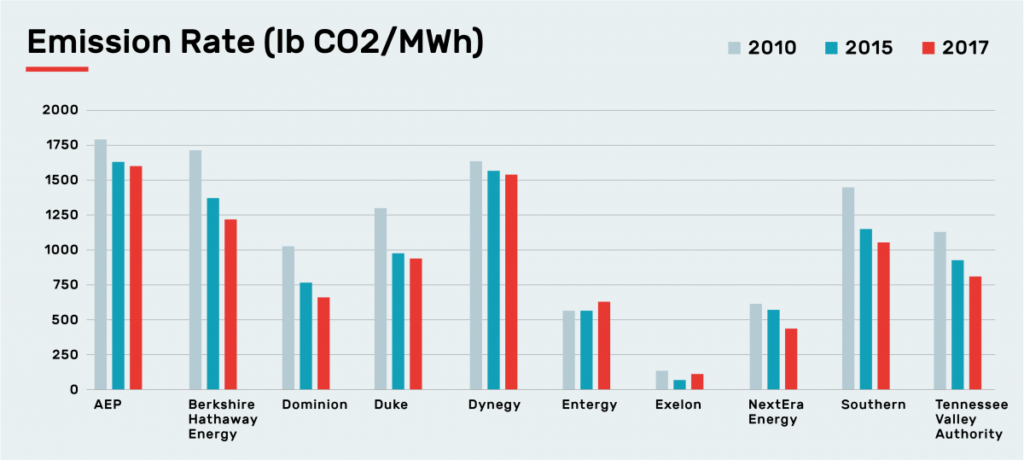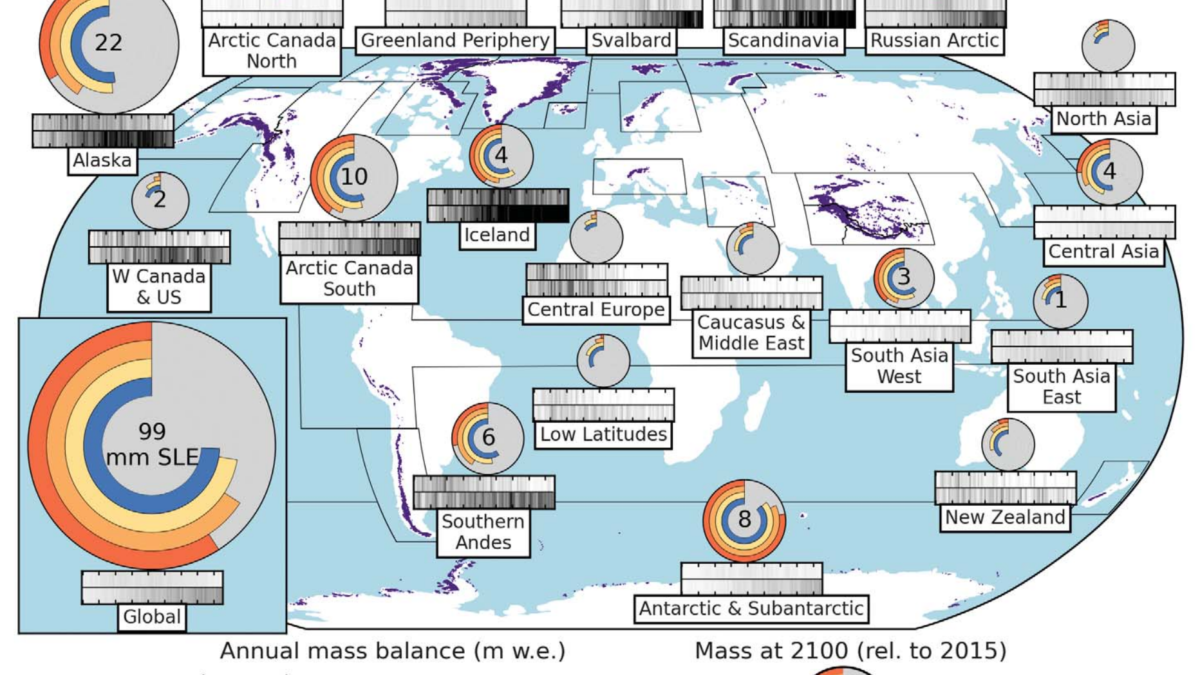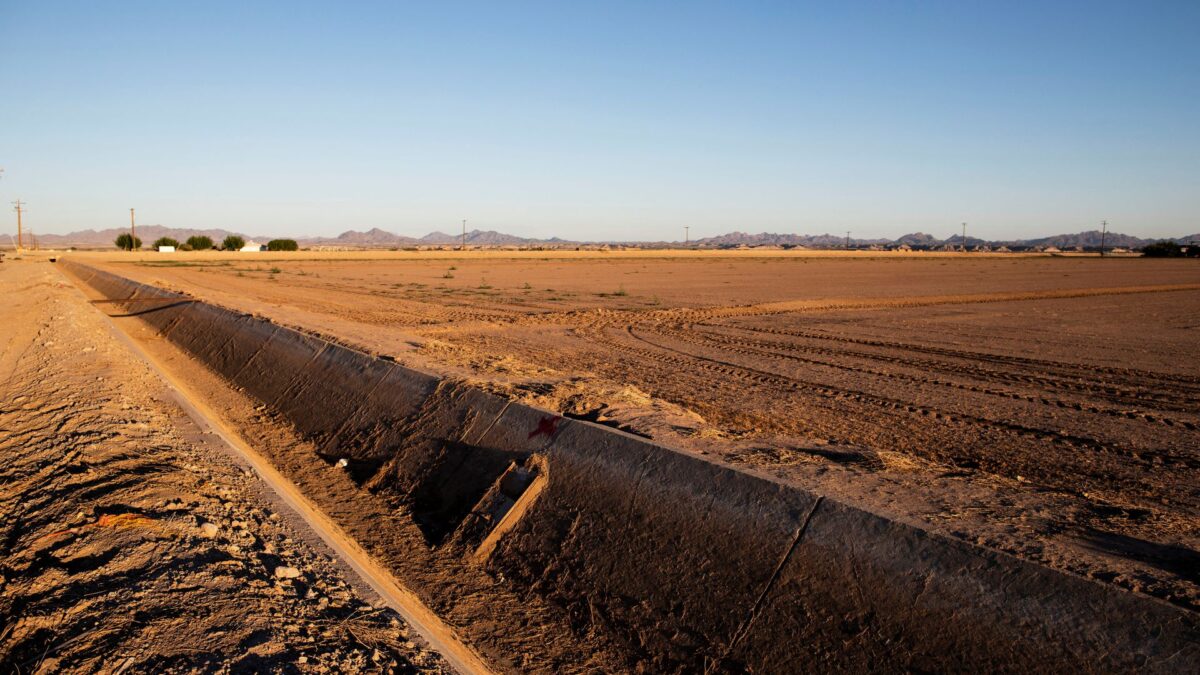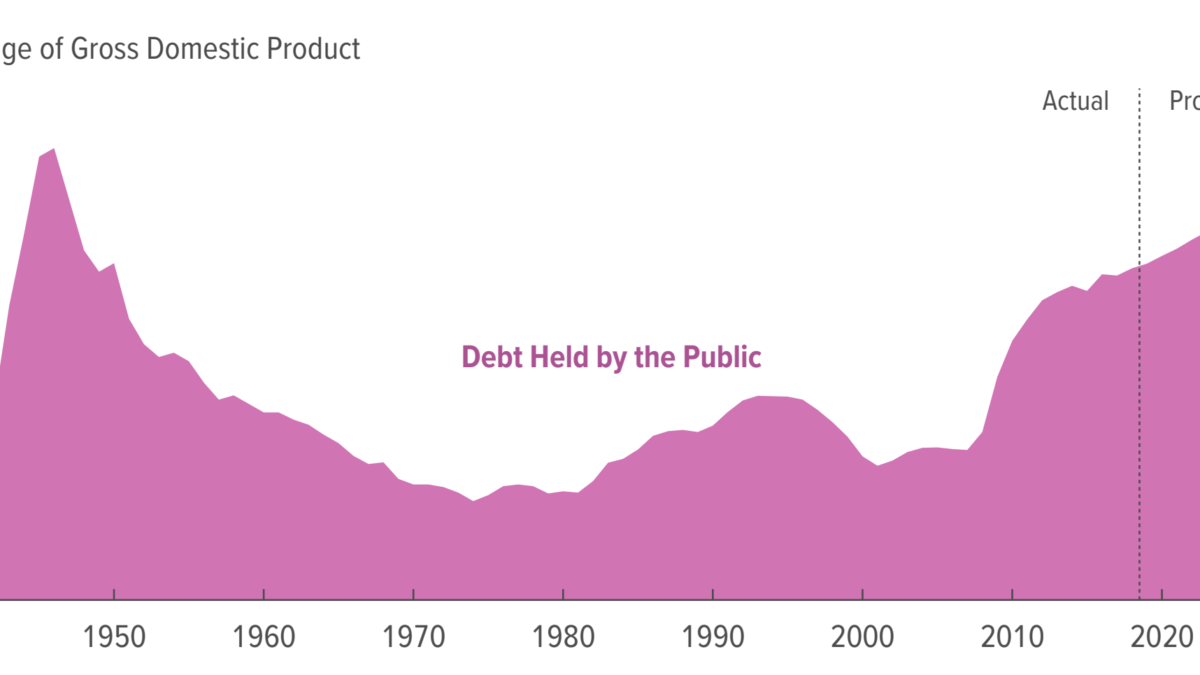Power companies have a plan to save the earth, but it probably won’t work – “In the absence of some kind of national program or policy, we shouldn’t expect to see some dramatic decline in emissions”
By Neil Katz and Joe McCarthy
9 May 2019
(The Weather Channel) – Last month, a thousand well-heeled bankers, scrappy startups and energy CEOs sat down at the Bloomberg New Energy Finance conference in a swanky New York hotel to discuss the billions they would spend over the next 20 years to build cleaner energy and save the planet from the worst ravages of climate change.
They have fine plans. They seem like earnest people. They certainly represent powerful companies and big ideas. It’s exactly the conversation you would hope is happening inside corporate boardrooms as scientists calculate the catastrophic impacts of continuing to burn fossil fuels.
There’s just one problem. Time.
The IPCC warns that in order to prevent catastrophic warming, we need to completely wean off our fossil fuel addiction by 2050. Last year, carbon emissions actually went up instead of down. According to the World Energy Outlook, renewables are expected to supply only 40 percent of the world’s electricity by 2040. America’s power giants have made pledges that go beyond that outlook, but these pledges are simply not aggressive enough.
“If you look at the rate at which we need to decarbonize, we simply are not going to decarbonize as fast as the IPCC says that we need to,” says Ethan Zindler, Head of Americas at Bloomberg’s New Energy Finance division. […]
“The cost of renewable energy technologies has been declining, the cost of natural gas has been declining, so there have been economic factors driving the transition to lower carbon energy resources within the electric sector,” says Christopher Van Atten, an executive vice president at M. J. Bradley & Associates.

When you retire coal plants, what you replace it with matters. And the power industry is leaning much harder into natural gas than renewables. Natural gas is abundant, cheap and mostly homegrown. When you burn it to make electricity it emits only half as much carbon dioxide as coal. But that makes generation only half as clean as it needs to be to avoid turning Miami Beach into Waterworld.
More troubling, when natural gas is produced and transported, small amounts of methane leak out into the atmosphere, and in the first 20 years after its release, methane is 84 times more potent a greenhouse gas than carbon. An EPA study concluded the natural gas industry leaks at 1.4%, and a 2018 study in Science pegged it at 2.3%. Meanwhile, some scientists believe its impact is actually worse than coal at about 4% leakage. “Probably not entirely as bad as coal” is not a game changer.
The massive investment in natural gas upsets some scientists who say there is no need to use the technology as a stepping stone to carbon free power. We can go straight to renewables today. […]
“Unless you have more aggressive policymaking,” says Bloomberg’s Zindler. “You don’t actually cut CO2 emissions sufficiently from the power sector and from the economy overall to basically have the U.S. make its contributions to reducing CO2 emissions.”
“In the absence of some kind of national program or policy,” agrees energy analyst Van Atten. “We shouldn’t expect to see some dramatic decline in emissions.” [more]
Power Companies Have a Plan to Save the Earth. It Probably Won’t Work.


